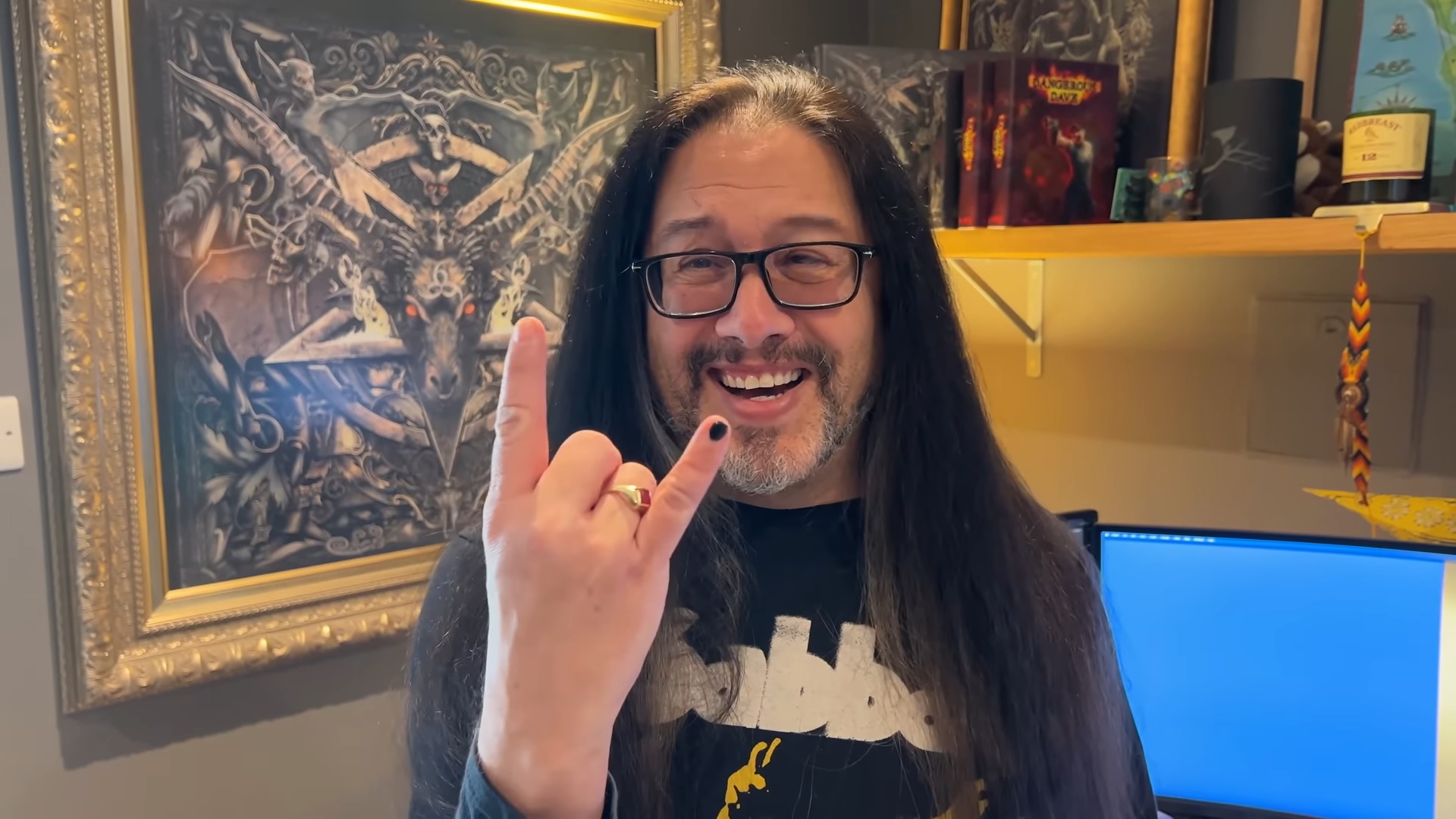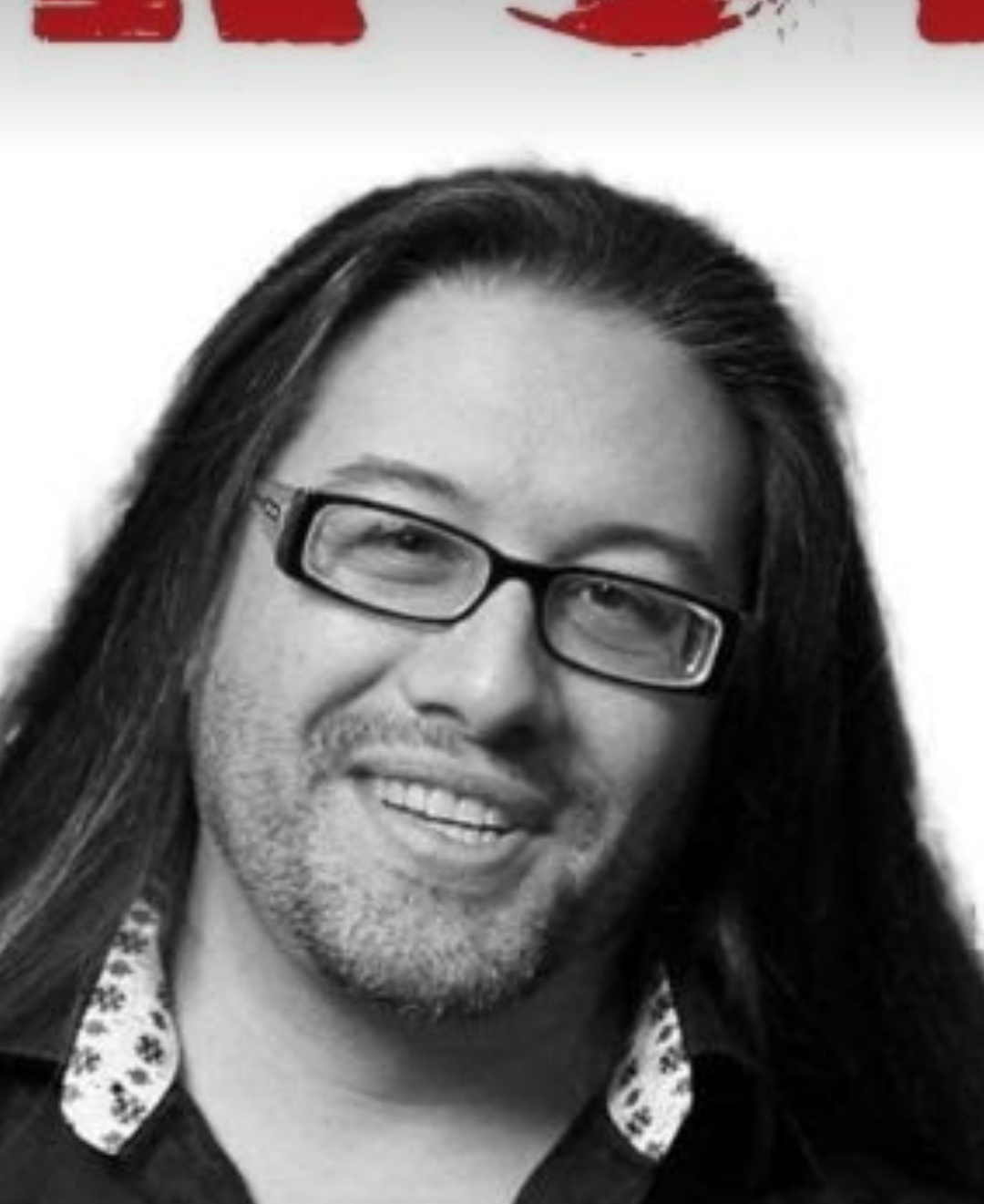IbizaPocholo
NeoGAFs Kent Brockman

John Romero says indies are the future of game development: 'These people are the ones that make triple-A studios go, 'Wait a minute, we need to start doing this''
Finding funding for those indies is another matter.
Romero said that, more than anything, game development as an industry is "so much bigger than it used to be," particularly in indie development.
"Just go to Itch.io if you want to see how many indies there are out there," Romero said. "How many games are released on Steam every month? Most of them are indie games. iOS, Android—indie, indie, indie."
And, Romero noted, it's not just the volume of indie games. It's the impact that they're having, because "when we look at the Game of the Year awards, half the time it's indies." He then ran down a string of recent hits developed by independent devs and studios: Balatro, Baldur's Gate 3, Helldivers 2, Clair Obscur—even the venerable Minecraft, an archetypal indie superhit before Mojang was sold into the Microsoft stable.
"These are all indies," Romero said. "These people are the ones that make the triple-A companies go, 'Wait a minute. We need to start doing this.'"
As for what that means for the industry's future, Romero was optimistic. "The industry has mostly always gone up," Romero said. "The amount of people playing games is massive."
According to Romero, it's easier than ever to put games in front of those players.
"You can make a game now and put it out there for people to get. Distribution is nothing now," Romero said. "Like back in the day, no way. Getting on a disc? That was expensive. To get in a store? Forget it. You're never going to do that as an indie."
Thanks to low barrier-to-entry development software like Godot and Unreal Engine and distribution platforms like Steam and Itch.io, Romero said "technology is solved." Instead, the main problem that developers face is discoverability.
"How is somebody going to see your stuff?" Romero said. "That really is down to [having] a great game design, because we do not have a technology problem anymore."



